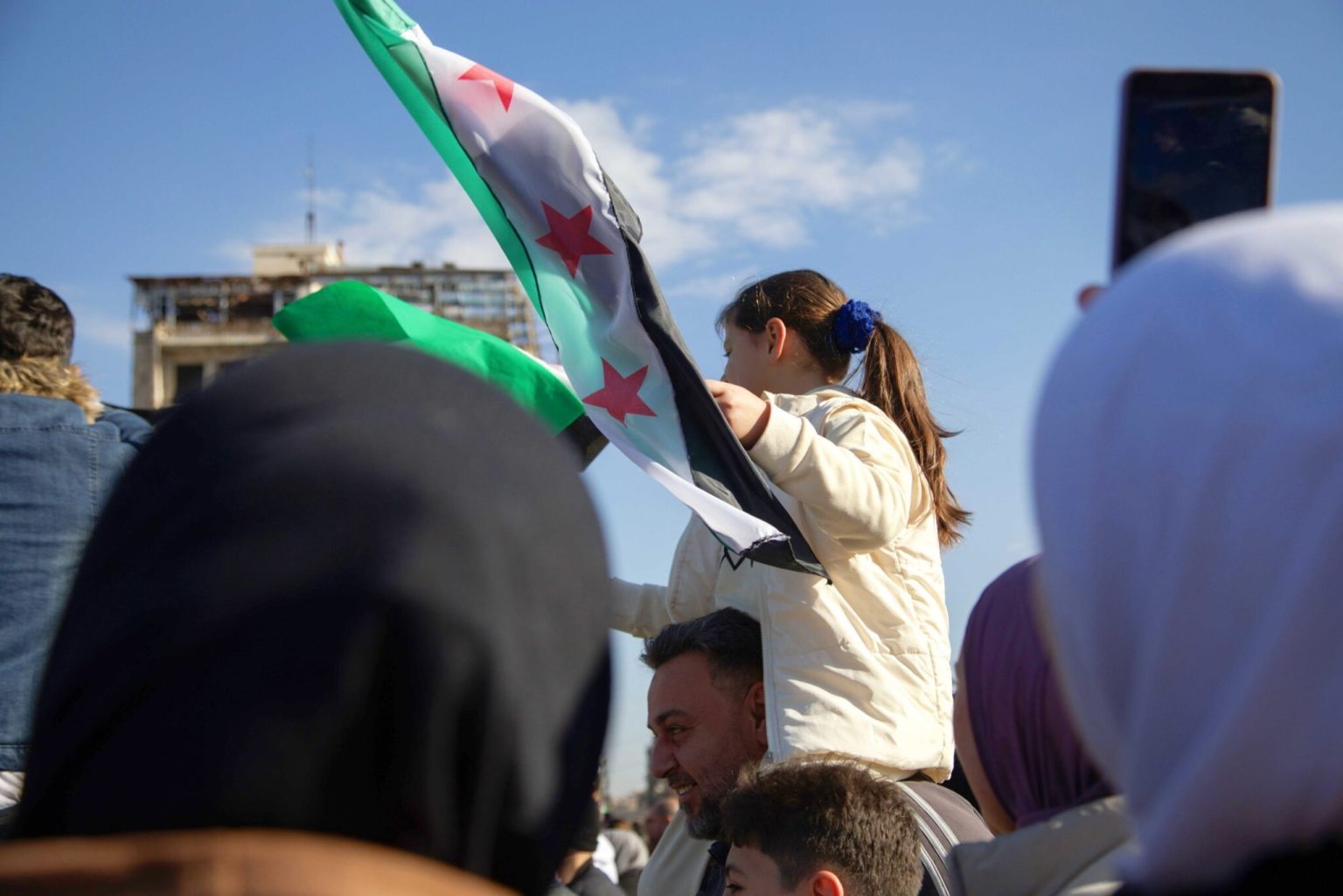The changing political dynamics in Syria mark a significant turning point in the course of the Syrian civil war, also bringing about a reshaping of the Middle East’s geopolitical landscape. The ouster of President Bashar Al- Assad from Damascus effectively ended the Assad family’s 54-year rule over Syria. This development comes at a time when Iran has experienced significant setbacks in its regional strategy, including the assassinations of key leaders of its allied groups, such as Hamas’ Ismail Haniyeh in Tehran and Hezbollah’s Hassan Nasrallah in Lebanon. Together, these events present significant challenges to Tehran’s established regional partnerships and to maintaining its influence across the Middle East. Iran’s model of asymmetric warfare, which has historically depended on key allies like Assad, Nasrallah, and Haniyeh, now faces unprecedented hurdles.
For decades, Tehran has tried to counter Israel in the region through allies such as Hamas, Hezbollah, and various armed groups in Syria, Iraq, and Yemen. These groups formed the so-called “Axis of Resistance,” enabling Iran to counter Israel without directly engaging in military conflicts. However, the recent series of high-profile assassinations and the collapse of Syria as a reliable partner have weakened the cohesion of this network. With Assad gone, Iran’s ability to sustain logistical and military supply lines to Hezbollah and other groups is severely compromised. This disruption poses a direct threat to the effectiveness of Iran’s strategy, potentially pushing it to accelerate its nuclear program as a more independent deterrent.
The Syrian Collapse and Iran
The evolving situation in Damascus disrupts a critical hub in Iran’s regional approach. Syria, under Assad, served as a vital transit point for supplies destined for Hezbollah in Lebanon and other allied groups across the region. Assad’s government provided Iran with a steadfast ally in the Levant, ensuring the continuity of its deterrence against Israel. With the collapse of this status quo the operational capacity of organizations such as Hezbollah are jeopardized.
The assassination of Hassan Nasrallah further compounds this challenge. Nasrallah’s leadership was instrumental in maintaining Hezbollah’s cohesion and its close ties with Tehran. His assassination not only impacts Hezbollah but also the broader “Axis of Resistance.” Nasrallah’s role as a linchpin between Tehran and its allies underscores the vulnerability of Iran’s reliance on allies to sustain its interests.
The Urgency of Reviving the JCPOA
Recent developments in Syria and Lebanon have reignited concerns regarding Iran’s nuclear program. Kamal Kharrazi, a senior advisor to Iranian Supreme Leader Ali Khamenei, has already signaled a potential shift in Iran’s nuclear doctrine, suggesting that “If an existential threat arises, Iran will modify its nuclear doctrine. We have the capability to build weapons and have no issue in this regard.” He pointed out that “the only thing currently prohibiting this is the leader’s fatwa”, referring to Supreme leader Ali Khamenei’s religious ruling against nuclear weapons in 2003.
Therefore, the urgency of reviving the Joint Comprehensive Plan of Action (JCPOA) cannot be overstated. A renewed nuclear agreement could serve as an important mechanism to prevent further proliferation and stabilize the region. Without the JCPOA, the potential for nuclear proliferation in the Middle East increases, with regional powers such as Saudi Arabia, the UAE, and Turkey potentially seeking their own nuclear capabilities to counterbalance Iran. The absence of diplomatic engagement would also increase the likelihood of military confrontation, with Israel considering targeted strikes on Iran’s nuclear facilities as an option, but with significant risks attached to it.
What Lies Ahead?
For Iran, the evolving situation in Syria and the assassinations of Haniyeh and Nasrallah highlight the challenges it faces in its regional strategy and partnerships. As Tehran grapples with these changes, it faces a dilemma: continue to rely on a weakened network of allies or shift its focus toward developing its nuclear deterrent.
While the “Axis of Resistance” is far from falling apart, the loss of key leaders and the collapse of Syria have exposed weaknesses in its influence in the short to medium term. Hezbollah, despite its large stockpile of rockets and extensive network of fighters, will face significant challenges in maintaining its operational capacity without logistical support from Iran. Similarly, allies in Iraq and Yemen may struggle to sustain coordinated activities without a stable supply line through Syria. In the absence of a renewed JCPOA, the risk of further escalation in the region looms large. For now, Tehran’s asymmetric approach continues, but the challenges to its strategy are becoming increasingly apparent. Whether Iran can adapt to these changes or adjust its approach to regional partnerships remains to be seen.
This article was published in another form at https://manaramagazine.org/2025/01/the-fall-of-syria-and-irans-strategy-of-relying-on-allies/
Syed Ali Abbas is Research Officer & Comm Officer at the Center for International Strategic Studies (CISS) Islamabad. He is also an MPhil scholar in the Department of Strategic Studies at the National Defense University (NDU) Islamabad.

